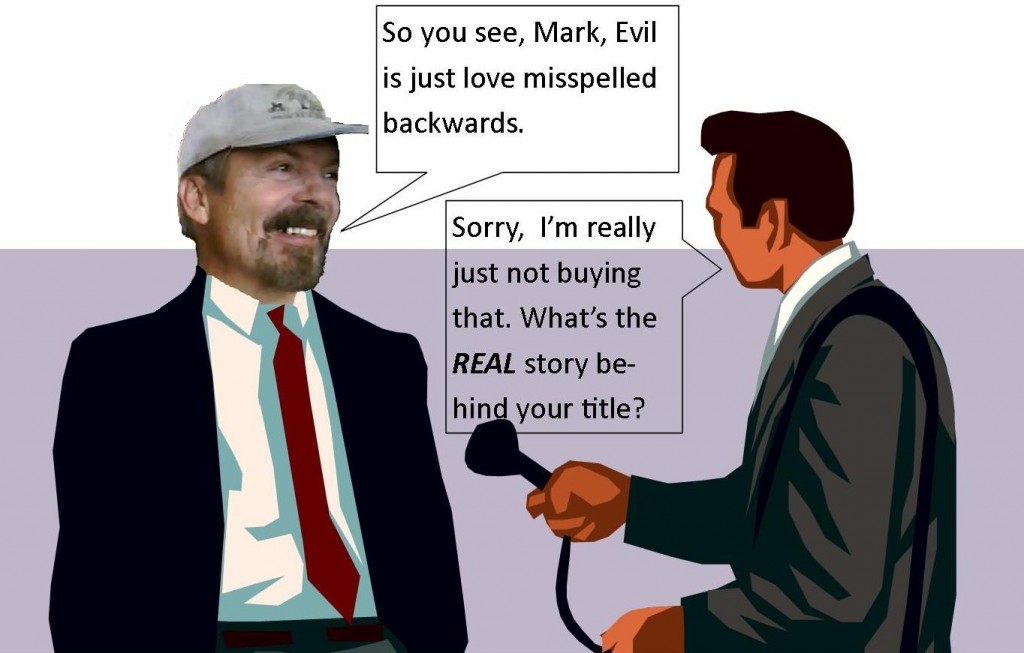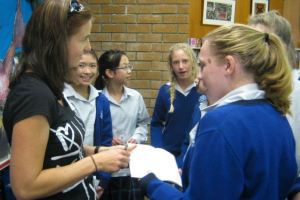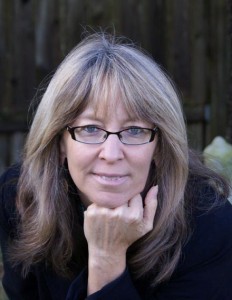 When at a loss for something new to write about on the art of writing, the ever-encouraging K.S. Brooks suggested to me that I should discuss the art of research for writers. She’s impressed by the fact I’m, apparently, the last person on earth who still goes to a library to do research (lest you think I’m the only one who patronizes the library, I will point out there are many individuals at my local branch – mostly homeless people trying to stay out of the cold or kids with laptops who like the free wifi).
When at a loss for something new to write about on the art of writing, the ever-encouraging K.S. Brooks suggested to me that I should discuss the art of research for writers. She’s impressed by the fact I’m, apparently, the last person on earth who still goes to a library to do research (lest you think I’m the only one who patronizes the library, I will point out there are many individuals at my local branch – mostly homeless people trying to stay out of the cold or kids with laptops who like the free wifi).
Anyway, I’m not sure how much I have to say about techniques of research when it comes to writing, particularly for those interested in writing fiction. But what I can speak to is how my penchant for thorough research – primarily for my non-fiction writing but also to get certain facts straight in fiction as well – comes from a background in journalism. I think it was the author Tom Wolfe who noted that the best thing any aspiring novelist could do for his craft would be to spend a few years working as a journalist. Wolfe’s belief was that the world, when examined up close through the eyes of a professional observer, held a plethora of interesting stories, individuals and small details which could serve you the rest of your life in creating “fiction” that would ring true. While I’m not recommending anyone become a journalist (unless you’re prepared to make sub-minimum wage) I do think many of the skills one picks up as a reporter of non-fiction events can be transferred over to the realm of fiction writing. Continue reading “Stop the Presses: How Journalism Helps Authors”



